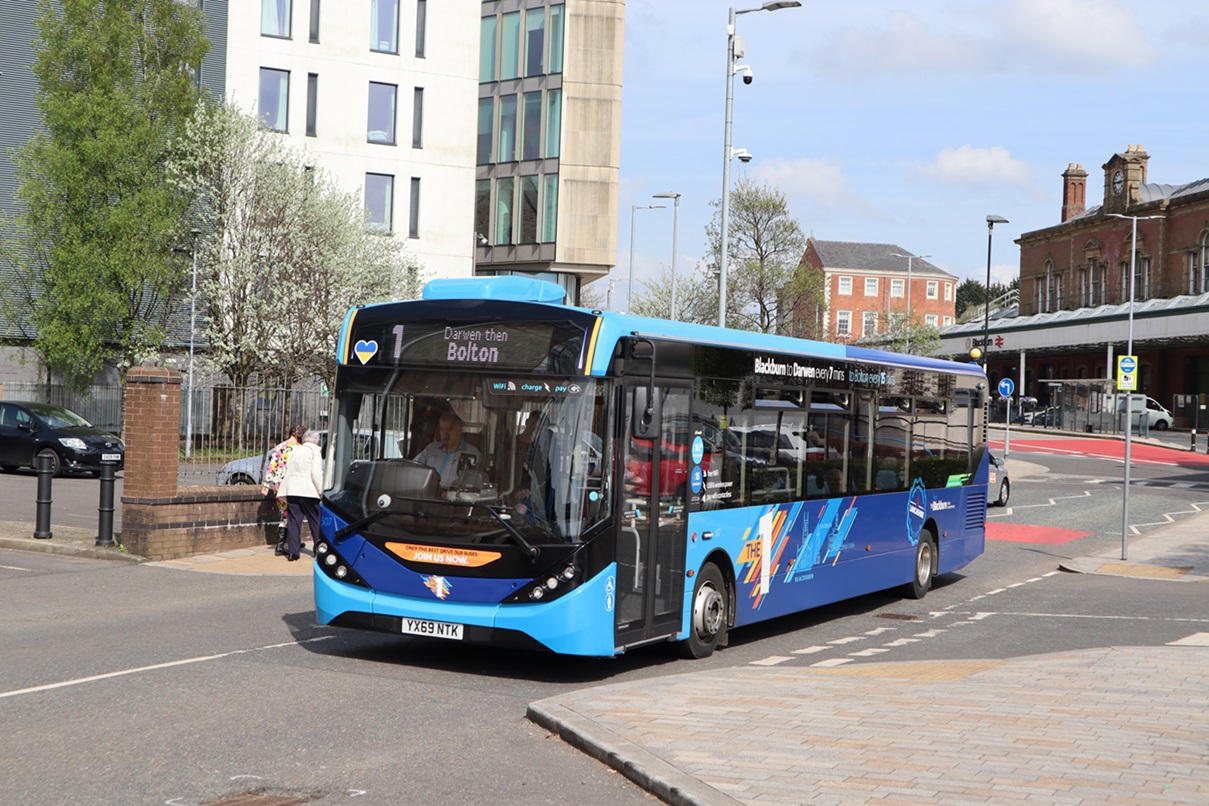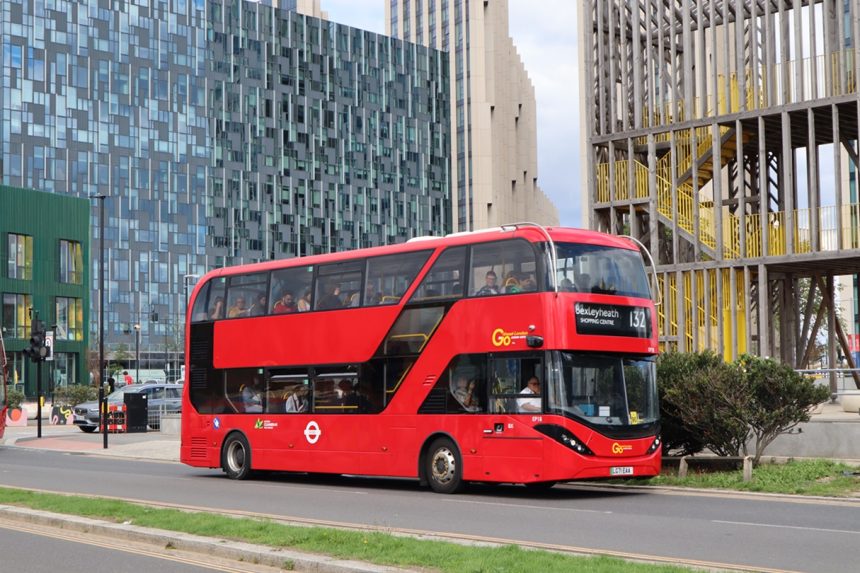Fleet management in the passenger transport sector is undergoing a radical transformation, driven by artificial intelligence (AI) and advanced fleet intelligence solutions.
The industry, which has long struggled with inefficiencies due to fragmented systems and disconnected data, is now witnessing an era of unparalleled operational control and optimisation.
AI-powered tools are reshaping how passenger transport operators manage and measure assets, ensure compliance, and drive cost savings – unlocking new levels of efficiency that were, until very recently, out of reach.
For decades, passenger transport operators have been forced to contend with reactive decision-making due to a lack of real-time insights.
Compliance, maintenance scheduling, route optimisation and fuel efficiency combined with the new challenges of running electric buses have all been handled in silos, leading to unnecessary costs and missed opportunities.
However, the evolution of passenger transport management systems combined with AI-driven solutions is breaking down these barriers, allowing for seamless integration of data sources and real-time decision-making.
The result? A smarter, more responsive operation that is equipped to handle the growing demands of the industry.

The biggest shift in passenger transport management comes from the ability to harness AI-powered analytics. These solutions process vast amounts of data from vehicles, drivers and external factors such as weather and traffic conditions.
By analysing patterns and predicting future outcomes, AI enables operators to make proactive, data-driven decisions rather than relying on outdated, reactive strategies. For instance, predictive maintenance powered by AI can significantly reduce vehicle downtime and maintenance costs.
Rather than following a rigid maintenance schedule, AI analyses vehicle performance data in real-time to detect potential issues before they become costly failures. This not only extends vehicle lifespan but also makes operators more dynamic in maximising the utilisation of their people, workshops and assets.
Beyond predictive analytics, AI is also enabling real-time operational decision-making. Operators can now access live data on vehicle performance, driver behaviour, fuel consumption and EV battery and charge management strategies, allowing them to intervene immediately if an issue arises.
This level of oversight ensures that fleets operate at peak efficiency, reducing unnecessary fuel consumption, enhancing decision-making around managing electric vehicles, improving route planning, and ultimately lowering operational costs.
AI-driven route optimisation tools, for example, consider real-time traffic conditions, weather updates, battery state of charge and fuel efficiency metrics to dynamically adjust routes, ensuring better passenger journeys and cleaner, greener urban areas.
This capability is particularly crucial in an industry where time and cost efficiency are paramount. Additionally, AI-powered driver behaviour monitoring is enhancing safety and efficiency. By analysing driving patterns, such as harsh braking, rapid acceleration and idling time, AI provides actionable insights to fleet managers.
This allows for targeted driver training, leading to safer urban areas, lower insurance costs, and improved utilisation of expensive fleets.
As AI-driven fleet intelligence continues to evolve, a growing competitive divide is emerging in the industry. Operators that leverage AI solutions are reaping the benefits of cost savings, enhanced efficiency, improved regulatory compliance and ability to win more business to improve profitability.
In contrast, those who fail to embrace this digital shift risk being left behind in an increasingly data-driven market.

The reality is that AI is not a futuristic concept – it is a business imperative. Operators that delay its adoption will struggle to compete with more agile, tech-enabled competitors that are able to optimise every aspect of their fleet operations.
The divide between AI-powered fleets and traditional operators will only widen as AI technology becomes more sophisticated and integrated into the industry’s ecosystem.
Moreover, customer expectations are evolving. With the rise of e-commerce and on-demand delivery services, clients demand faster, more reliable and cost-effective passenger transport solutions.
Passenger transport operators must recognise that AI-driven intelligence is not just about reducing costs – it is about future-proofing their business. Investing in AI-powered solutions today ensures long-term sustainability, improved safety standards and the ability to scale operations effectively in a competitive landscape.
The message is clear: AI is no longer optional for fleet management. It is the key to unlocking a smarter, safer and more profitable future.
Those who embrace it will lead the industry, while those who resist will struggle to keep up. The choice is simple – adapt and thrive, or fall behind in the race toward the future of fleet management.
About the author
Tranzaura CEO Shane Mann has over 20 years of experience delivering technology and business intelligence solutions across industries like semiconductors, medical devices and energy. Recognising that IT systems are often underutilised, he focuses on integration, ease of use and value-added solutions. Shane previously held senior roles at Analog Devices, Cook Medical and Homeigen Data Solutions.
Since 2015, firstly as COO of Tranzaura, Shane has driven innovation in the transport industry, working with clients like Go-Ahead London, RATP Dev Transit London, Metroline and Transdev Blazefield.



























